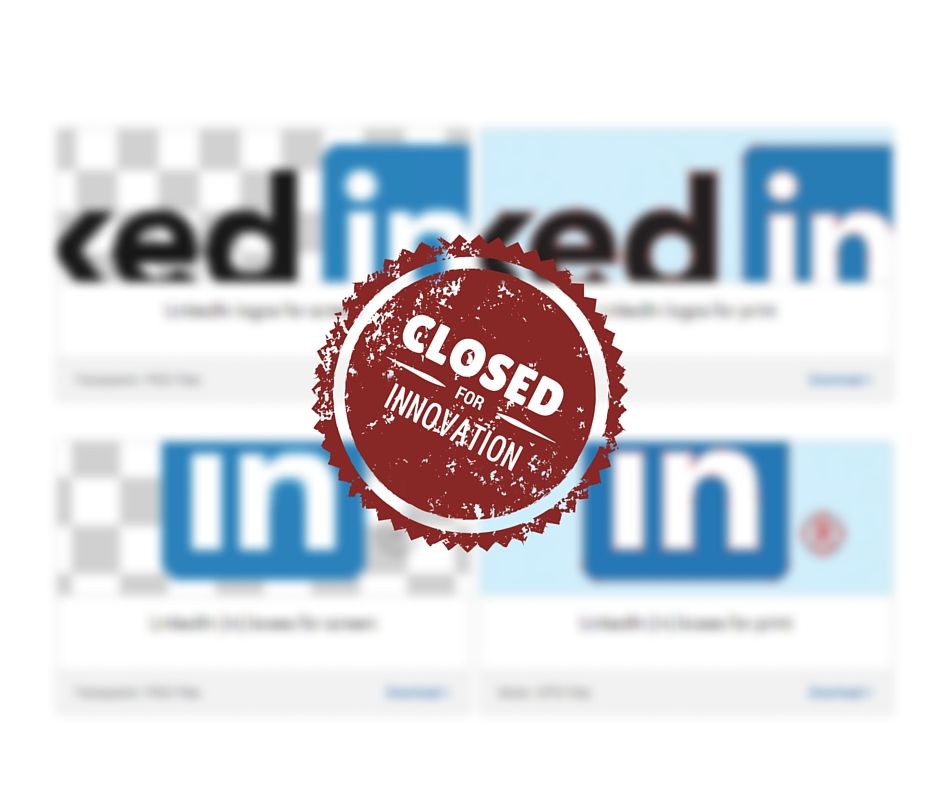LinkdedIn Acquisition Creates Space for Disruptive Innovation in HR

Acquisition of LinkedIn by Microsoft caught us by surprise. It seems to be a very reasonable move by Microsoft and plenty of people analysed it already. What I want to focus on is what it means for the world of job-related platforms in the changing landscape of work.
LinkedIn Goes Into Freezer
I'm not saying Microsoft will not work on it. On the contrary. There's plenty of value to be unlocked by utilizing the precious data, brand and the relationships LinkedIn has with its users. Starting from Microsoft CRM integration up to becoming a universal, cross-company provider of employee identity.
The changes and innovation at LinkdedIn will now be driven by the strategic interests of Microsoft. They make most of their money on products for companies, often large ones. They provide various elements of IT and business infrastructure. Starting from network servers and identity providers, ending on spreadsheets and CRMs. All of those products have been built according to the requirements of classic companies and other organisations.
It means incremental changes in LinkedIn and they will result from MS synergies. This means just the sustaining innovation will happen. It's going to be about connecting big boxes on an empire map and enabling data flows.
Microsoft and LinkedIn Have Outdated Understanding of Work
The problem of Microsoft is that they're stuck in the old school way of thinking about business and companies. Microsoft's flagship products - Windows and Office - will eventually dry out as sources of income. The company needs to change their culture and mindset in order to compete in the internet economy. For now they assume - subconsciously even - that their client is something like an enterprise. They probably have buildings, an org chart and a server room and all that jazz. That kind of thinking is in Microsoft's muscle memory.
LinkedIn is also stuck on the old way of viewing the work world. They're thinking about employees in the terms defined in the industrial economy. I've argued for a long time that LinkedIn isn't disruptive to anyone except for the HR agencies maybe. They somehow limited themselves to be a mere online resume. Considering the potential LinkedIn has, the value they bring to most users is miniscule.
In that post I also wrote that can's and can't of a company is defined by the narrative they have built around their purpose. Now the stories of LinkedIn and Microsoft are going to merge. Or rather Microsoft narrative will become the dominant one.
Modern Workforce
The thing is that new companies are different. They don't necessarily have an office. Even if they do people are often free to work remotely. In many cases those companies don't even own much hardware. People work on their favorite devices. Those companies don't own any servers or even a virtual machines in a data center. Teams use the tools they collectively decide they like the most. It's the people who are deciding these days and not the CIO (who's that anyway?). They pick what they need from the plethora of cloud tools and pay as they go.
Fuzzy Companies
I've said people not employees because it's even hard to say these days where the boundaries of a company are. There's more and more freelancers among the workers. They change gigs very often. It's easier than ever to collaborate with vendors and outsource the work. There's also fans and followers on social media. There's also crowdsourcing and a company may have external contributors to their open source projects. Company is becoming a fuzzy term these days.
Space for Innovation
It was pretty clear for a long time that LinkedIn is not going to show us the future of work. Now, with the acquisition by Microsoft we at least have clarity about that. We can move on. The acquisition of LinkedIn frees us up to look for the new ways of organising ourselves around work. The search for professional platform for the 21st century has actually begun. What will it look like?
Contemporary Work Platforms
We can get some hints from niche platforms in certain industries. There's StackOverflow and GitHub for programmers. There's Behance and Dribble for designers. There's UpWork for remote workers. There's Mechanical Turk for simple tasks. There's TaskRabit for local services. Even Uber and AirBnb can be considered a part of the new world of work. In all of these platforms people are independent of companies, as emloyers. They may continue working with certain individuals if they wish to.
Among these niche platforms there's no clear winner to become THE work platform. At least there's no one company that is as successful as LinkedIn in attracting the majority of the middle class. Microsoft and LinkedIn will probably be a part of the business infrastructure in the coming years. I'd call them plumbing. However it's pretty sure they're not going to be the epicentre of innovation.
How will the new platform look like? I bet it will have plenty in common with many of the platforms named above plus some features we haven't thought of yet. This is going to be an exciting journey!
PS. If you'd like to read some ides on how this might unfold, the future of work be sure to follow my blog for updates.
